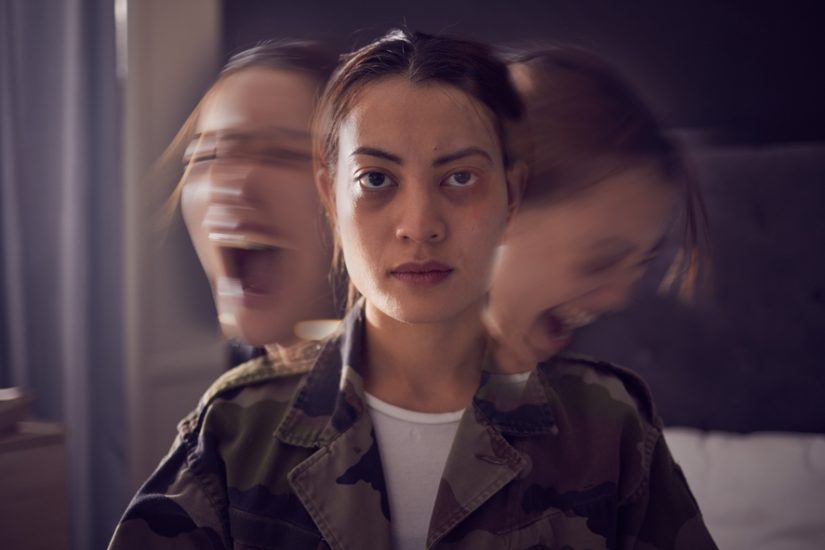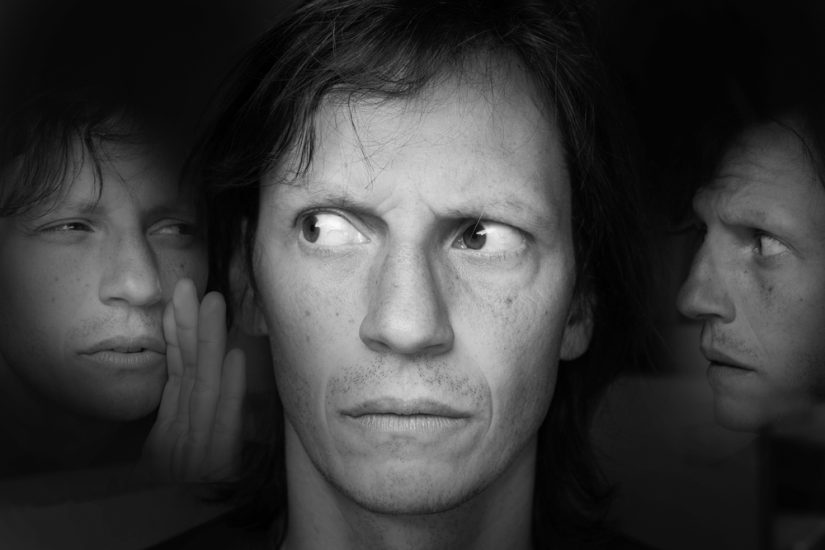- June 30, 2023
- by Shalini Murmu
- Schizophrenia
Mental health conditions like schizophrenia affect millions worldwide. Out of all the symptoms that the condition possesses, one is unsettling psychomotor agitation. Now, what is psychomotor agitation? It is defined as a state of heightened physical restlessness and an overwhelming urge to be in constant motion, this is usually more intense in people with schizophrenia, bipolar disorder, or if the patient along with mental health issues indulges in substance abuse.
What A Psychomotor Agitation May Look Like?
It is an anxious behavior that encompasses a range of observable symptoms that manifest in people with schizophrenia. Restlessness, pacing, fidgeting, and purposeless movements become constant companions, showing as an unquenchable drive to be in motion. This state is often accompanied by a strong sense of inner tension and unease. Psychomotor agitation serves as a vital clinical marker, highlighting the inner turmoil experienced by people with schizophrenia.
Psychomotor agitation particularly in schizophrenia can be seen in various forms, differing from person to person. It could involve repetitive actions, such as rubbing or tapping, or restlessness, characterized by an inability to sit still. Some people also experience a constant urge to pace back and forth, while others exhibit purposeless movements or engage in self-injurious behaviors. The intensity and frequency of these can vary throughout the course of the disorder, influenced by factors such as stress, medication, or the presence of comorbid conditions if the person is left untreated. By carefully observing and understanding these signs, mental healthcare professionals can gain valuable insights into the individual’s symptom profile and tailor treatment approaches accordingly that greatly benefit you.
Implications On The Person
Symptoms of psychomotor agitation have profound implications for a person living with not just schizophrenia but also for people with bipolar disorder and substance abuse. It can significantly impact their daily functioning, hinder social interactions, and exacerbate overall distress. The constant inner turmoil can create a sense of isolation and frustration, further adding to the burden of mental health disorders. Moreover, psychomotor agitation often precedes more severe symptoms, such as violent behavior or self-harm, serving as a warning sign for potential escalation.
How To Overcome Psychomotor Agitation?
- Collaborative Treatment Planning : The first step in treating psychomotor agitation and other schizophrenia symptoms is by establishing a collaborative treatment plan with specialized mental healthcare professionals. Open communication and active involvement with them to ensure that treatment aligns with your or your loved ones’ unique needs, preferences, and goals. This collaborative approach fosters a sense of empowerment and builds a foundation for successful treatment outcomes thereafter.
Give us a ring on our admission helpline at
- Medication Management : In order to control psychomotor agitation, experts swear by medication. Psychiatrists may prescribe antipsychotic medications, mood stabilizers, or benzodiazepines to help reduce agitation and restore a sense of calm in an already turbulent life with mental health disorders. It is important to work closely with the prescribing physician to find the most effective medication and dosage while they monitor for any potential side effects. Regular follow-up appointments allow for adjustments and ensure optimal medication management.
- Psychotherapy and Behavioral Interventions :Schizophrenia can be cured by psychotherapy, such as cognitive-behavioral therapy (CBT), which can be a valuable tool in addressing psychomotor agitation as well. CBT helps a person identify the points of a trigger and develop certain strategies to manage agitation and reduce distress. Relaxation techniques, mindfulness, and stress management exercises can also be incorporated into therapy sessions to promote a sense of calm and self-regulation. A combination of treatment plans is designed specifically after a thorough diagnosis of your mental health condition.
- Continuous Evaluation and Flexibility : Psychomotor agitation treatment requires ongoing evaluation, flexibility, and aftercare. It is essential to regularly assess the effectiveness of interventions and make adjustments as needed. Open communication between the individual and their healthcare team is key to ensuring that treatment remains responsive to their evolving needs.
Schizophrenia Treatment
The journey to schizophrenia treatment can feel like embarking on a trial-and-error adventure since it may take a few tries to find the perfect medication that suits your unique needs. But don’t worry, there’s more to the story! Alongside medication, therapy, lifestyle changes, mindfulness, self-care practices, and regular follow-up appointments all play pivotal roles in overcoming the challenges presented by schizophrenia.
It’s like assembling a superhero team, each member bringing their own powers to the table, working in harmony to tackle the obstacles head-on. Stay resilient and remember that with a comprehensive approach and the right support, you can rise above and conquer the challenges of schizophrenia.
Heal Your Mind With Us
At North America Behavioral Health Services, we are dedicated to empowering your journey toward mental health recovery. Our team of experts is here to provide you with comprehensive resources tailored to your unique needs. Whether you’re seeking guidance, therapy, or specialized treatment, we are committed to connecting you with mental health centers that align with your goals.
Take the first step towards a brighter future by reaching out to us. Together, we’ll navigate the winding path of treating schizophrenia.
















